Our Philosophy & Principles
The teaching and learning provided at our school is developed under the principles of Learning for Life; a philosophy developed by ACLAS.
The inspiration for Learning for Life comes from the philosophy of Whole Language whose intellectual heritage stems from several philosophers and educators. One of them is John Amos Comenius (Greece, 17th century), who says that learning should produce pleasure in learners and be rooted in their very own lives. The progressive educational theories of John Dewey, the concept of whole language classrooms produced by the founder of preschool education, Friedrich Froebel and the social aspects of learning emphasized by the Russian psychologist Lev Vygotsky make up a significant part of this heritage.
Other important influences are the Language Experience Approach developed by Lee and Lillian Doris Lamoreaux and the concept of writing as a process developed by Donald Graves. (Ref: Daniel Gursky in Whole Language / A Special Report, Teacher Magazine. USA: 1991).
Thus, ACLAS’ Learning for Life is a teaching/learning philosophy that integrates all areas of knowledge and human values into a coherent whole. The student, considered as a whole, is the center of class activity and is able to consciously and unconsciously incorporate to real life everything he/she acquires and learns.
Our Principles
Learning for life is a teaching-learning philosophy which integrates all areas of knowledge and human values in one unit. The student, considered as a whole, is the center of the class activity, and incorporates into his or her life everything that he/she has learned and acquired.
Learning for Life principles:
- Learning proceeds from whole to part.
Human values are present in all activities.
Lessons should be learner centered, learning is the active construction of knowledge by the student.
Lessons should stimulate the development of a free, creative, careful, and responsible thinking.
Lessons should always have meaning and purpose for learners.
Learning takes place as groups engage in meaningful interaction.
Knowledge is enhanced by exploring themes, solving problems, and working in projects.
Learning takes place in a free environment, where the learner takes risks in identifying and solving problems.
- Learning potential is expanded through faith in the learner.
